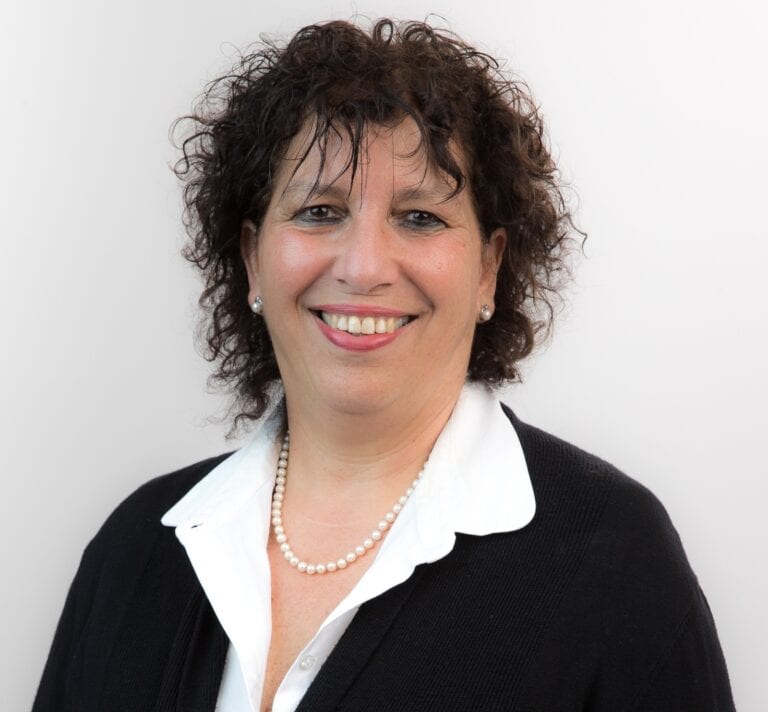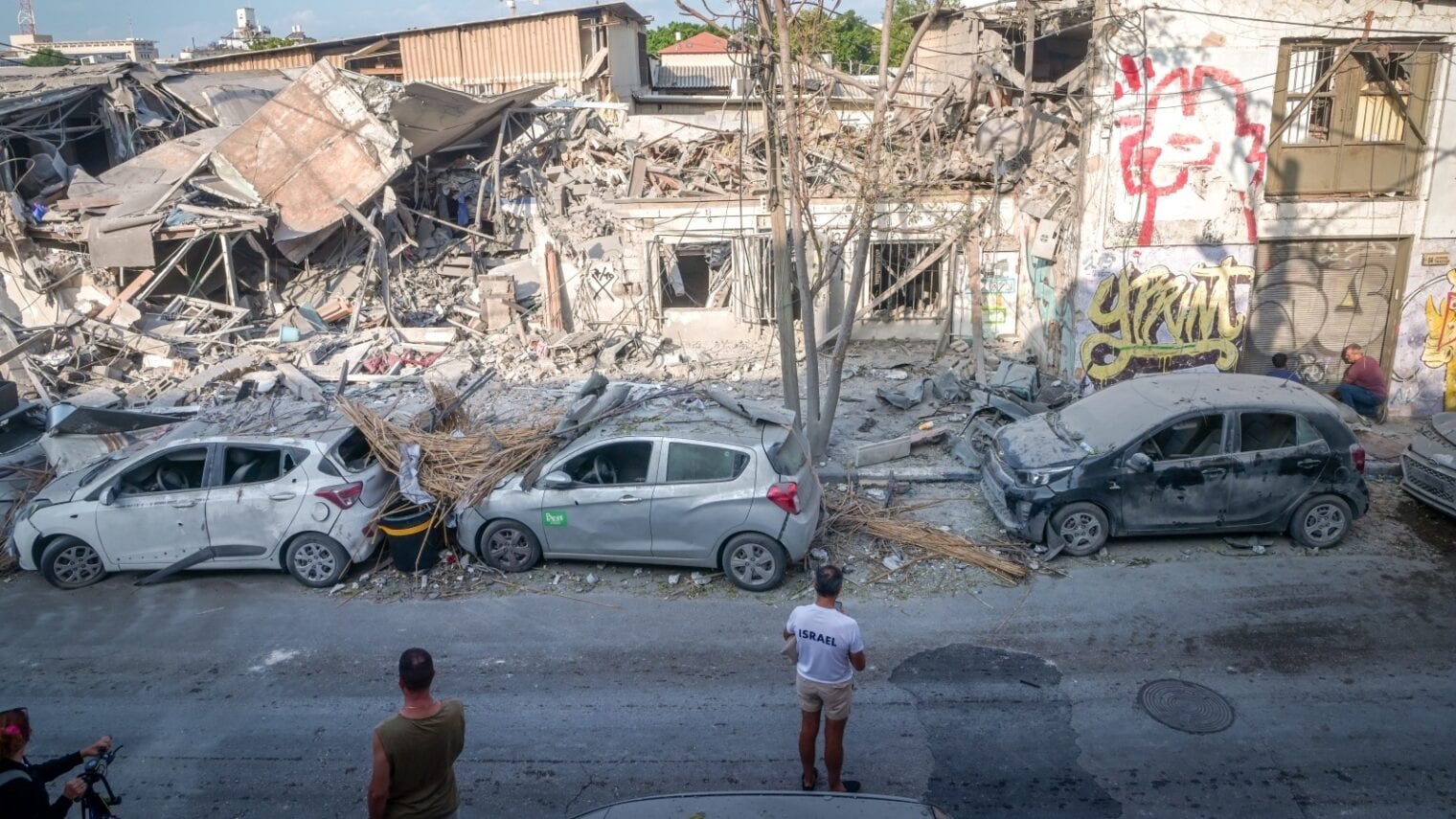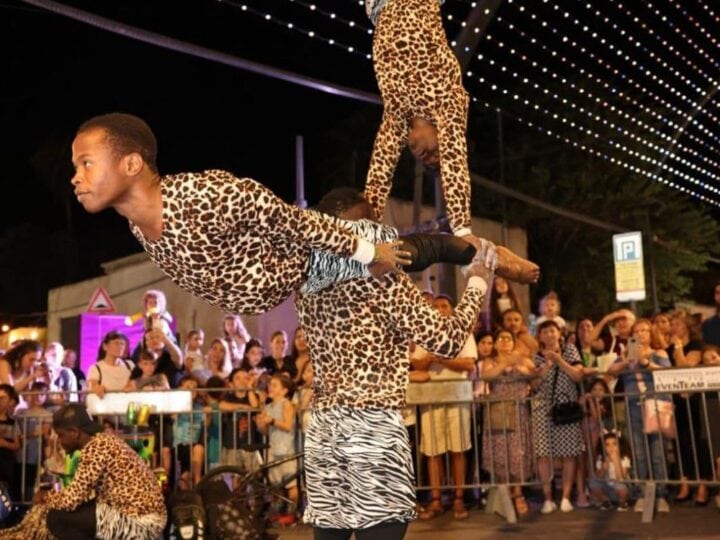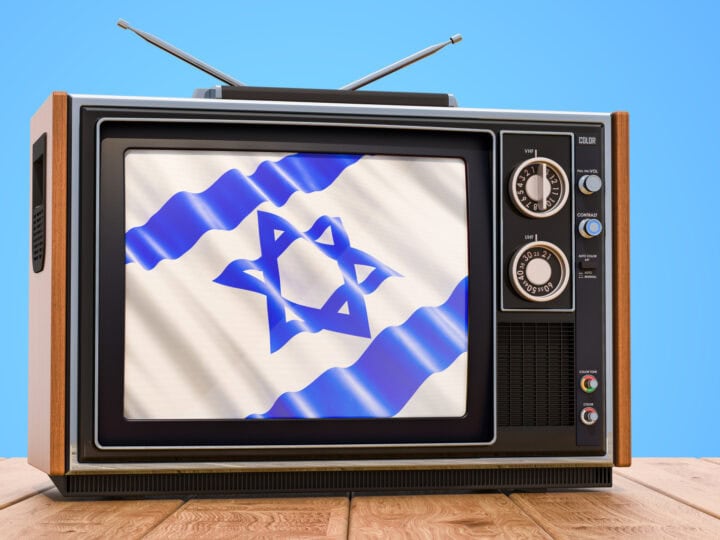“We are facing something we never faced before,” says Taly Levanon, CEO of the Israel Trauma Coalition.
She was speaking to ISRAEL21c the day after Hamas terrorists in Gaza unleashed an onslaught of missile attacks, murders and kidnappings on southern Israel and the Tel Aviv area.
“Unfortunately, I’m an old-timer and yet I’ve never seen anything like this,” says Levanon, a clinical social worker whose entire life has been dedicated to aiding people in trauma both in Israel and abroad.
While some have compared the current war to the surprise Yom Kippur attack that devastated Israel exactly 50 years ago, Levanon says this is worse.
“On Yom Kippur, the attack was aimed at the army. This is the first time civil society has been targeted with the purpose of harming civilians.”
Levanon, whose son-in-law is among thousands of reserve soldiers called up to defend Israel on October 7, fought back tears and admitted she is angry and worried like everyone else.
“But I just keep working; I haven’t had a minute,” she tells ISRAEL21c.
Resilience Centers
In response to the war in which, so far, more than 700 Israelis have been killed, more than 2,000 wounded and an unknown number kidnapped, the 12 ITC Resilience Centers — eight in the south and four in Judea and Samaria – are struggling to assist the flood of residents seeking counseling.
“The number of kidnappings is mad. The number of bereaved families is mad,” says Levanon.
“And the impact is also very big because people are witnessing terrible things they have never witnessed before,” not only in real time in their own communities, but also in extremely disturbing footage on social media showing the mistreatment of captives.
The ITC is working to provide therapy for people out of the range of the Resilience Centers in coordination with the Ministry of Health and the National Insurance Institute.
“Some places don’t have enough services for people suffering anxiety, so we are providing it to the best of our ability,” Levanon tells ISRAEL21c.
Everyone’s in survival mode
Adding to everyone’s anxiety is the lack of reliable information about where terrorists still lurk within 22 border communities, how many Israelis have been kidnapped, and what happened to them – especially to children forcibly taken to Gaza.
“The question of proximity is very important in this situation,” says Levanon. “Many, if not all, the people in the south are in survival mode as the situation continues to unfold. There could be a terrorist near their door or a rocket falling in the next few seconds.”
Levanon says that in most times of crisis, there are relatively few people at a severe level of psychological trauma. This time there are many more.
“In this case, personal exposure to trauma is very high,” she says, “and since the people need to stay home, many services such as therapy and childcare cannot be given or must be given over the phone or Zoom. This affects both receivers and providers.”
The trauma is also affecting the large Arab Bedouin community in the south. The ITC reports that two Bedouin families are grieving the deaths of six children and an elderly grandmother in the war.
Preparing for the unprecedented

The Israel Trauma Coalition, founded in 2001 at the initiative of the UJA Federation of NY, aims to provide a seamless response along the continuum between emergency preparedness, emergency and recovery.
ITC member organizations include Natal, which specializes in terror-related trauma; AMCHA psychological and social support for Holocaust survivors and their families; ERAN Emotional First Aid by Telephone & Internet; Selah for immigrants in crisis; Mahut Israel training center for emergency response and readiness, community and personal resilience, and coping with trauma and loss; and Hadassah Medical Center’s Unit for Children and Adolescents.
“We are all preparing for unprecedented situations – hundreds of funerals, thousands of wounded,” Levanon wrote to ITC supporters.
She noted that breakdowns in communication infrastructure are leaving Israelis scrambling to find information about their loved ones, while many wives and children are coping alone due to the national callup of reserve soldiers.
Moreover, she says, “We are witnessing tremendous distress among first responders and emergency volunteer teams, especially where infiltrations occurred, and we are receiving requests for help in delivering tragic news [because] many paramedics and police officers have been injured or killed.”
Levanon, who began her career as an IDF officer working with bereaved families and wounded soldiers, says the current crisis has her feeling “busy, heartbroken and worried.”
“Although we work with people in the south all the time, you never get used to it. I am so worried about what’s to come and how it will impact all of us. There’s a lot of work ahead of us.”

















